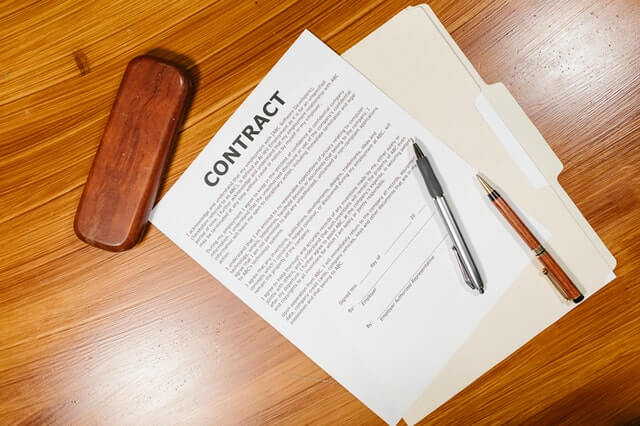A lease agreement is undeniably one of the most vital parts of every rental transaction. It is the backbone that puts everything in place and maintains order throughout a lease. As the word implies, it is an AGREEMENT, which means that the parties involved in the transaction (i.e., landlord and tenant) have a common understanding of what is written on the lease. It also means that they are willing to follow everything stated in the agreement.
Having a lease agreement has a lot of advantages because it is a clear and authentic reference, helpful in settling any conflict that may arise between landlord and tenant during the duration of the lease.
As a rental agent, you need to educate yourself on the basic technicalities involved in lease agreements. That way, you can ensure that your clients (both landlords and potential tenants) understand what they are getting in. You also do not want to get involved in sketchy rental transactions that could lead to lawsuits.

Having a broader knowledge of lease agreements in Canada can make you a more competent rental agent. Let me give a few frequently asked questions (FAQs) every rental agent must be able to answer.
A lease and a rental agreement — how do they differ?
A lease and a rental agreement are two terms that are often used interchangeably when talking about rentals. However, both are two different things.
The two mainly differ in duration. Usually, a lease is a long-term contract between a tenant(s) and landlord(s) where the latter leases a rental property to the former within a specific duration (usually at least 12 months). On the other hand, a rental agreement is a contract that lasts for a short time. Usually, it lasts for 30 days and renews automatically unless one of the parties issues a lease termination notice.
Another notable difference is that a lease agreement is more difficult to terminate. However, it is still more practical for long-term rentals. A rental agreement is easier to end. However, it can be subject to a rent increase, which is disadvantageous to a tenant.

What is a verbal lease agreement?
As the term verbal lease agreement implies, it is an oral contract. To put it more simply, the two parties just had a conversation about the details of the lease without any written record. The landlord and tenant simply had a verbal discussion about the rental price, due dates, mode of payment, rules on how to use and maintain the property, etc.
A verbal lease agreement may be appealing to some because it is straightforward, easy, and doesn’t require much effort. However, it can have a lot of drawbacks for all parties involved, and the consequences may be very stressful.
Since it is considered a legally binding contract across all provinces in Canada, it will serve as a reference should some lawsuits arise from conflicts between the landlord and tenant. The problem with that is the terms of the lease may be easily altered or manipulated by either party because there is no tangible proof or documentation. In other words, it becomes a your-word-against-mine situation.

How can a tenant terminate a lease?
Terminating a lease depends on what type of lease it is. It can either be a fixed-term lease wherein the period of the lease is set, or a periodic term lease wherein there is no specified end date.
If a tenant is in a fixed-term tenancy, terminating it may vary depending on which province they are renting. However, the most common way to terminate it is by discussing with the landlord about subletting the unit or assigning it to another tenant. The tenant may also send a notice of early termination to the landlord. The timeframe of the notice varies from province to province, but it is usually a 60-day notice.
In a periodic tenancy, termination is easier because it may be a daily, weekly, or monthly tenancy. Weekly and daily tenancy only require a 28-day notice, while a monthly tenancy requires 60 days.
Knowing more about entering rental contracts gives you more confidence to close deals and find tenants for vacant properties. Fill vacancies faster by publishing a listing on platforms like Padleads. The site allows you to syndicate property listings to other websites to expand your reach.